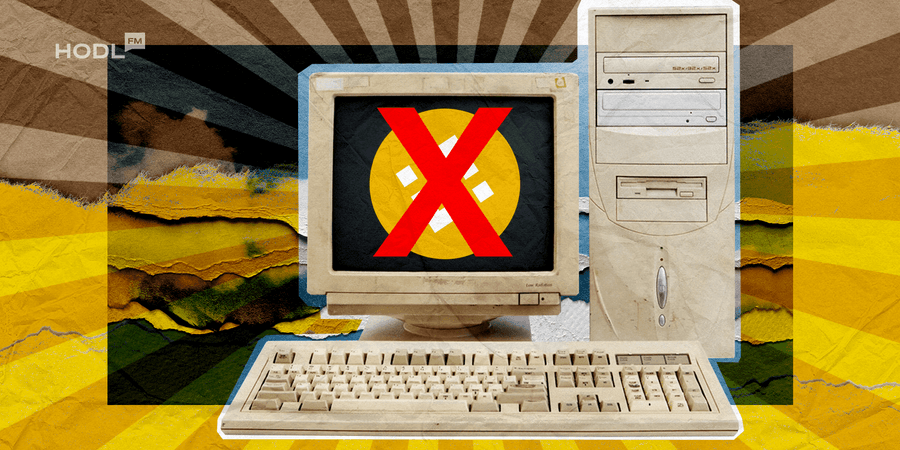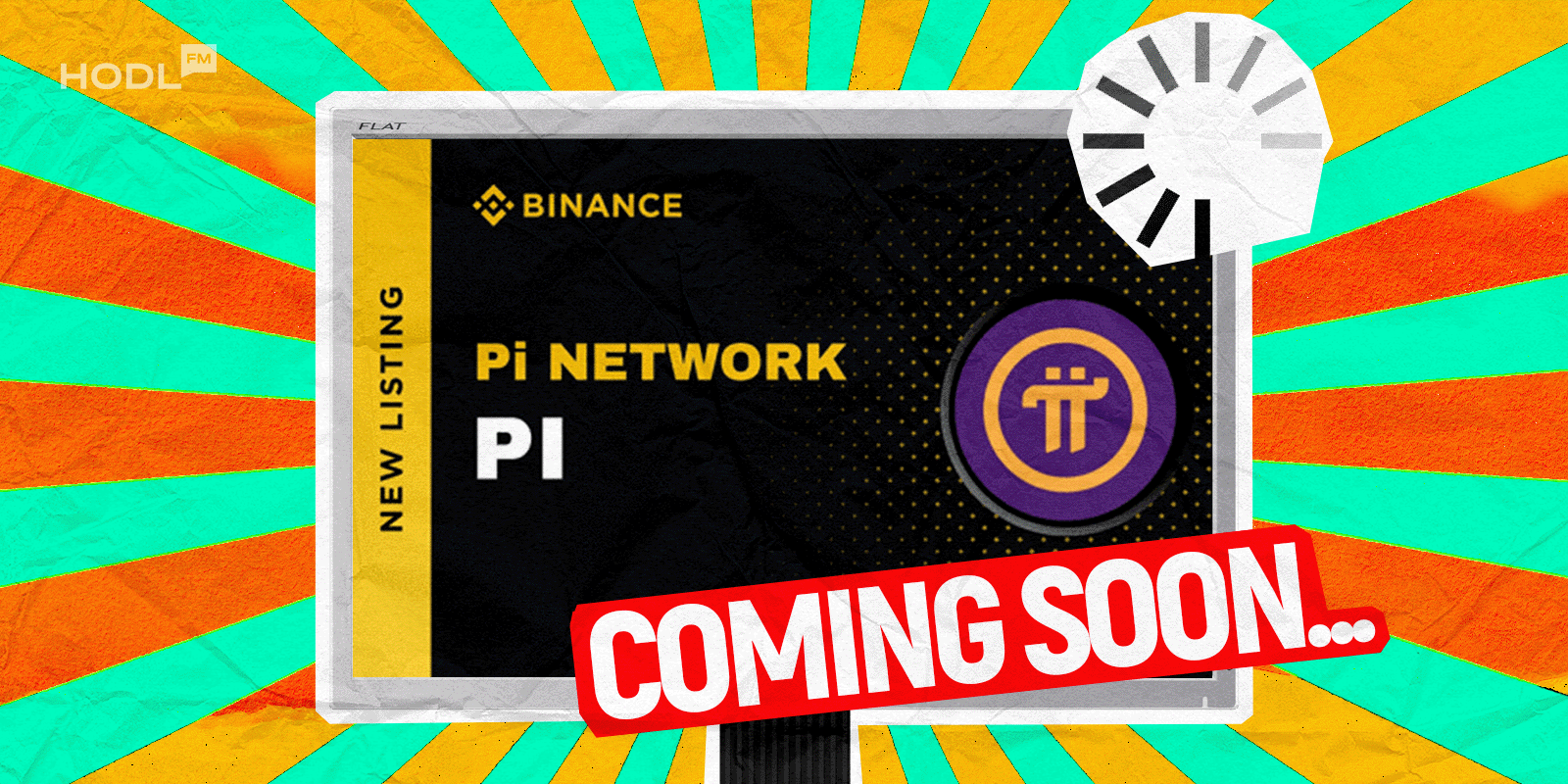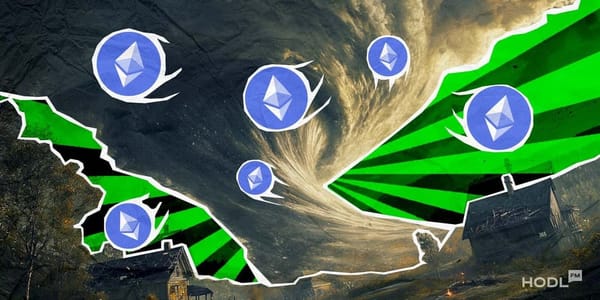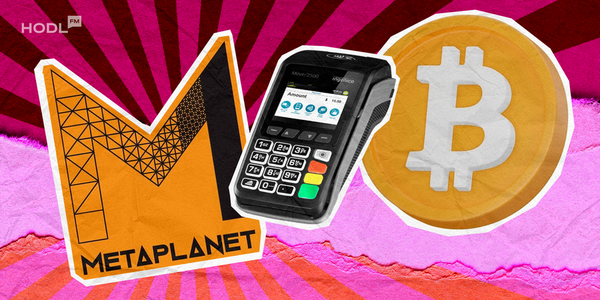Binance, the world’s largest cryptocurrency exchange, is facing a wave of criticism from Pi Network supporters after failing to list Pi Coin despite strong community interest. This backlash has resulted in a significant drop in Binance’s app ratings across both Google Play and the Apple App Store.
Mass One-Star Reviews Flood Binance
Following Binance’s decision not to list Pi Coin, Pi Network enthusiasts took to social media to urge others to leave one-star reviews. A Facebook group with over 135,000 members called for users to rate Binance poorly for "disrespecting the Pi Network project." Similar posts spread across Facebook and X (formerly Twitter), leading to a coordinated effort.
As a result, Binance's Google Play rating plummeted from 4.9/5 to 3.8/5, while its App Store rating dropped from 4.8/5 to 4.2/5. Many of the negative reviews accused Binance of "tricking users into depositing money to vote for Pi" and "failing to recognize Pi Network’s legitimacy."
The world's number 1 cryptocurrency exchange Binance is facing a storm of 1 stars on Appstore and CHplay after the end of the Vote period to list Pi with an agreement rate of over 85% but did not implement it and did not have a satisfactory answer.#PiNetwork #Binance pic.twitter.com/a0W7eN04HB
— Pi Network VietNames (@PiNetworkVNes) March 6, 2025
Between February 17 and February 27, Binance conducted a poll via its Binance Square Official account to gauge interest in listing Pi Coin. Over 85% of respondents supported the listing. However, Binance later clarified that the poll results were for reference only and did not guarantee any action.
Binance Square Official with only 800K followers got 3.1 Million views in just 1 day for Pi Coin 🪙
— Crypto with Khan ( SFZ ) (@Cryptowithkhan) February 18, 2025
Now > They've got the taste how BIG $PI Coin community is 🫵 listing is coming 💯% pic.twitter.com/hZOoWhSApf
On March 1, Binance updated the poll results but did not commit to a Pi Coin listing. Instead, it reiterated that all listings must go through rigorous due diligence, including an evaluation of the project's team, market demand, technology, and compliance factors.
According to Hoang Anh, an administrator of a large Pi Network Facebook group, many Pi supporters mistakenly believed the poll would directly result in a listing. Their frustration grew when they realized they had deposited funds and completed identity verification with no tangible outcome.
Concerns Over Pi Network’s Viability
While Pi Network enjoys a large user base, blockchain analysts warn that its long-term sustainability remains uncertain. Despite launching its mainnet in February 2025—six years after its inception—the network has yet to release critical elements such as smart contracts and open-source code.
Furthermore, Pi’s decentralized claims are questionable. Unlike other cryptocurrencies that operate on distributed networks, all active mainnet nodes are currently controlled by the Pi Network team. These factors raise concerns about the project’s credibility and decentralization.
This is not the first time Pi Network supporters have taken action against exchanges. Rival exchange ByBit faced similar backlash, with its Google Play rating dropping from 4.7/5 to 2.8/5 after its CEO, Ben Zhou, warned that Pi Network could be a scam.
BREAKING: Bybit CEO Ben Zhou @benbybit has made it clear via a tweet that his exchange wouldn't List $PI by #PiNetwork
— 𝑴𝒓. 𝑩𝒊𝒍𝒍𝒊𝒐𝒏𝒂𝒊𝒓𝒆💰 (@mr_cbillionaire) February 15, 2025
He made the following comment while responding bluntly to inquiries about the token.
"A bunch of people asked me today if I want to get into Pi. I said, "Stop… pic.twitter.com/v0dabfBj6F
Despite the backlash, Binance and other major exchanges remain hesitant to list Pi Coin. Analysts believe that unless Pi Network resolves its transparency issues and demonstrates real utility, its path to mainstream adoption will be challenging.
“Further alienation of exchanges could hurt the Pi project more than it benefits it,” warned Hoang Anh. “If Binance and others continue to avoid Pi Network, it may struggle to gain legitimacy in the broader crypto market.”

Disclaimer: All materials on this site are for informational purposes only. None of the material should be interpreted as investment advice. Please note that despite the nature of much of the material created and hosted on this website, HODL FM is not a financial reference resource and the opinions of authors and other contributors are their own and should not be taken as financial advice. If you require advice of this sort, HODL FM strongly recommends contacting a qualified industry professional.





